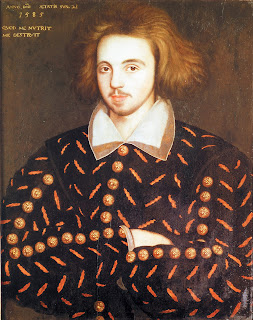The Threads of Destiny: A Comparative Study of William Shakespeare and Thomas Hardy

Introduction Destiny, the inexorable force that shapes the lives of individuals and the outcomes of their actions, has been a perennial theme in literature. Two literary giants, William Shakespeare and Thomas Hardy, each explored the concept of destiny in their works, albeit in distinct ways. It is oftain said that charecters are the form of destiny in Shakespeare while destiny itself is a character in Hardy. In this essay, we embark on a comparative journey to dissect their unique perspectives on destiny, classifying into how far they deviate from Aristotle's views on tragedy. By examining the originality and divergence in their treatment of destiny, we aim to gain insights into the profound and complex nature of this timeless theme.





